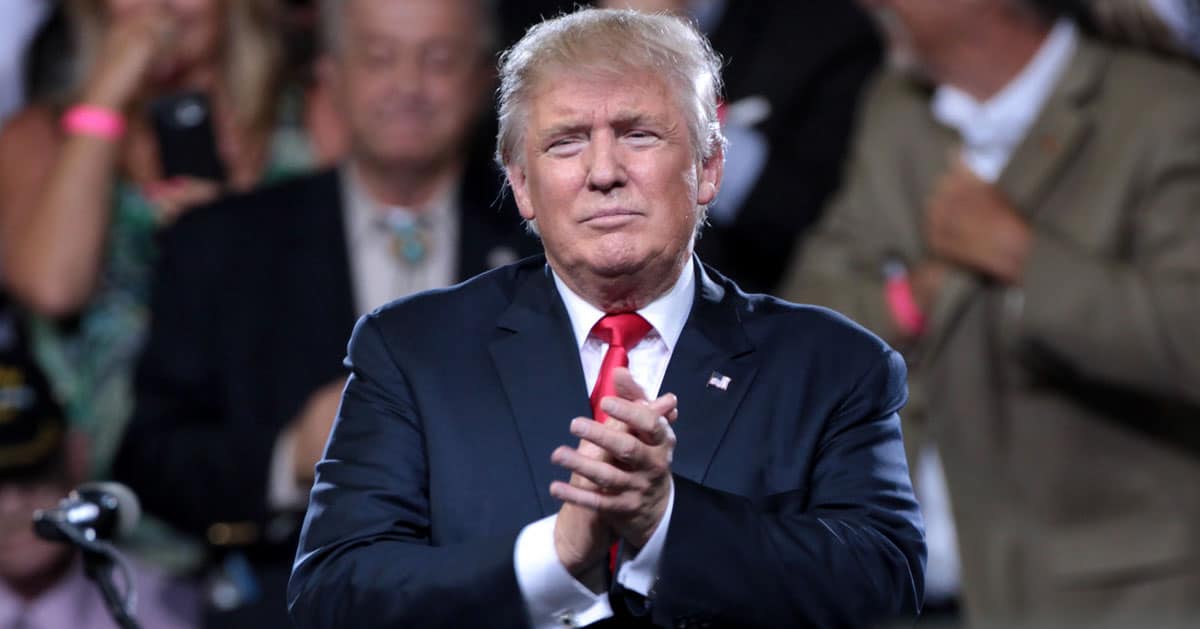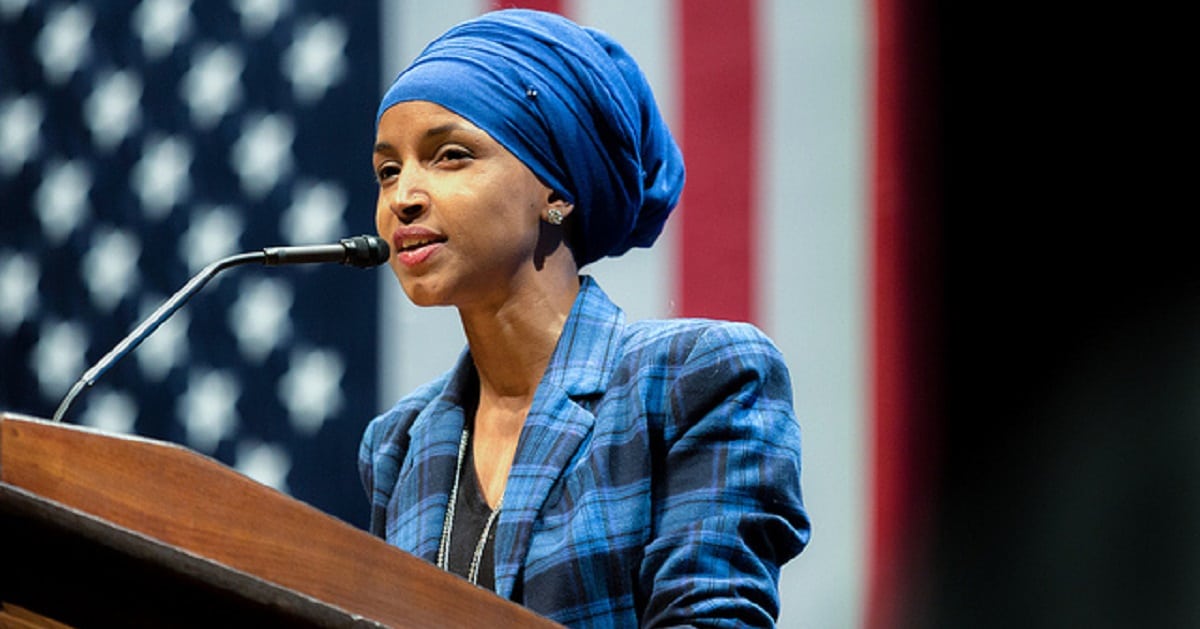The Post Millenial reported that the Democratic National Convention is set to orchestrate an "orderly process" to select the official Democratic nominee, emphasizing that delegates will have a crucial role in this procedure, potentially influenced but not mandated by Biden's endorsement.
Biden's monumental decision not to seek a second term has opened the stage for a comprehensive nomination process within the Democratic Party. Jaime Harrison, the DNC Chair, highlighted the planned procedural approach to nominating Biden's successor, ensuring it adheres to democratic principles and the party's goals of maintaining transparency and fairness.
Despite Biden's clear endorsement of Harris, the DNC underscores that the final decision will rest with the delegates at the convention. This process allows for a critical evaluation and voting mechanism to officially determine the nominee who will represent the party in the national election.
DNC Emphasizes Unity and Order in the Nomination Process
The DNC Chair's assurance of an "orderly process" reflects a commitment to not just electing a president, but strengthening party unity by respecting the voices of all delegates.
Harrison states, "Our delegates are prepared to take seriously their responsibility in swiftly delivering a candidate to the American people. Democrats are prepared and united in our resolve to win in November."
This structured approach involves the nearly 4,000 delegates, initially pledged to Biden due to his largely uncontested status in earlier primaries. These delegates are set to participate in a virtual roll call before the convention to express their nominee preferences, maintaining a high level of engagement and transparency throughout the process.
Although President Biden’s endorsement of Harris could influence the delegate’s choice, it does not bind their voting decision. Each delegate's vote is pivotal, particularly in a potentially contested convention scenario where no single candidate achieves an outright majority in the initial rounds of voting.
If the initial voting round does not result in a majority, over 700 “superdelegates” will join the subsequent rounds. This inclusion ensures that all aspects of the party are represented, enhancing the democratic integrity of the nomination process.
The DNC's detailed plans for voting highlight an enduring commitment to democratic principles, aiming to galvanize support around a candidate who not only aligns with Democratic values but also possesses strong electoral prospects against the Republican nominee.
Electoral Dynamics and Harris's Challenges Ahead
Vice President Kamala Harris, though endorsed by Biden, faces a complex landscape. Her candidacy comes amid mixed polling figures and internal party debates, particularly concerning her competitiveness against potential Republican candidates such as Donald Trump.
This scenario adds layers of intrigue and complexity to the upcoming delegate voting.
Harris's campaign must navigate not only the delegate's preferences but also broader party sentiments and public opinion, which are vital to securing the nomination.
Progress within the party and the next steps in the campaign will likely influence the dynamics at the convention.
The path forward for the Democratic Party revolves around rallying support for a candidate who can unite various factions and appeal to a broad electorate, ensuring robust competition in the November presidential race.
Conclusion: A New Phase for the Democratic Party
In conclusion, the DNC is preparing for a pivotal moment in its history, facilitating a process to select a new presidential nominee in the wake of President Biden's decision not to seek re-election.
This process, marked by careful planning and a commitment to democratic values, will involve all delegates in a critical decision-making role.
As the OCD looks forward, the focus remains on uniting behind a nominee who embodies the principles and aspirations of the Democratic Party, ensuring readiness for the upcoming electoral challenge in November.










